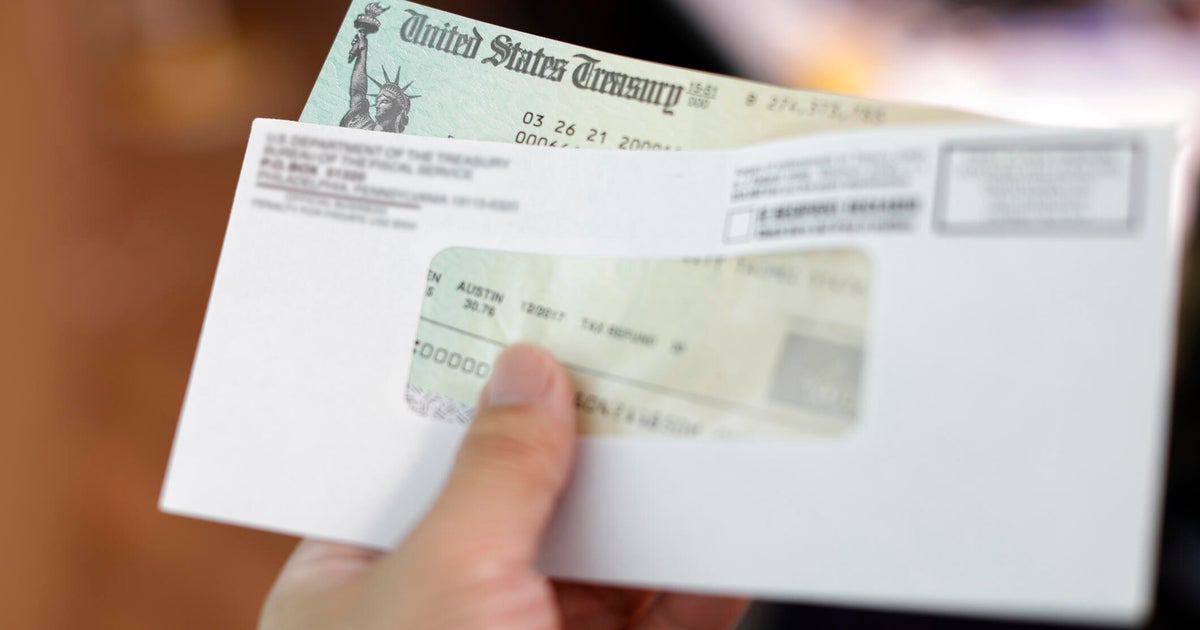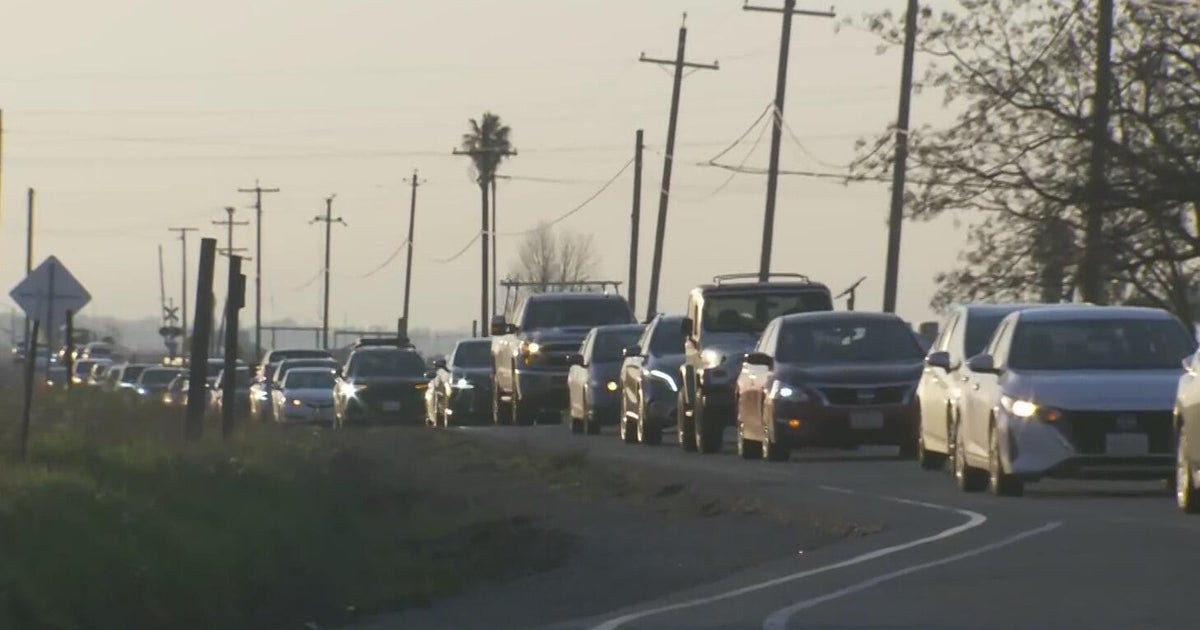Stimulus checks: Who gets one? Who doesn't?
The stimulus checks that Treasury Secretary Steven Mnuchin said will be deposited into Americans' bank accounts "within three weeks" won't be enjoyed by everyone. That's because the massive $2 trillion stimulus package, the Coronavirus Aid, Relief, and Security (CARES) Act, excludes some Americans from receiving the one-time payments, which are set at $1,200 for adults and $500 for children.
Here's who won't get a stimulus check:
- Children who are 17 or 18 years old.
- Many college students between the ages of 19 to 23.
- Adults who can be claimed as dependents.
- Nonresident aliens (in other words, those without a green card).
- Estates.
- Individuals who earn more than $99,000 or married couples earning more than $198,000.
- People who haven't filed 2018 and 2019 tax returns.
Who's a "child"?
Older children are excluded because the bill relies on a tax-code definition of "child" that states a "qualifying child ... has not attained age 17." In other words, many high school juniors and seniors and their families won't receive a $500 check from the stimulus bill.
That may strike many older children as deeply unfair — especially if their younger siblings qualify. But it also raises questions about whether the stimulus bill should have taken a broader approach, given that families with 17- or 18-year-old high school students may have the same expenses for them as a younger child of 14, for example.
Adult dependents
The second group of Americans excluded from the payments are adults claimed as dependents on other taxpayers' returns. That includes many college students who may be adults under the eyes of the law still yet are claimed as dependents on their parents' tax returns.
Some young adults and college students expressed their frustration at being cut out of the stimulus payments on social media, pointing out that they are also struggling in the economic downturn.
Some disabled adults are another group that could be cut out of the stimulus payments. That's because the bill excludes "adults who can be claimed as a dependent (say a disabled sibling or a frail parent)," noted Howard Gleckman of the Tax Policy Center in a post about the stimulus payments.
Nonresident aliens
"Nonresident aliens" is a "tax term that describes non-U.S. citizens who have no green card or who fail to reside in the U.S. for a long enough period of time," according to Gleckman.
Estates and high-income households
Estates and trusts are also excluded from receiving the stimulus payments. High-income households above a certain threshold also receive payments because the bill is aimed at getting money into the hands of low- and moderate-income families.
The key factor is your household's annual income, because the package is aimed at helping low- and moderate-income families. Individual taxpayers will get $1,200 each if their adjusted gross income is less than $75,000 and married households will receive $2,400 if their adjusted gross income is less than $150,000. (Adjusted gross income for 2018 can be found on Line 7 of Form 1040, for example. Go to IRS.gov for more information.)
Those payments will be reduced by $5 for every $100 in income above those levels — and will entirely disappear for some higher-earning households. Individuals who earn more than $99,000 phase out completely from the stimulus plan. Married couples earning more than $198,000 (and no kids as dependents) also aren't eligible for payments.
No tax return for 2018 or 2019
People who haven't filed tax returns in either 2018 or 2019 may not receive a stimulus payment, although it's not too late to file a 2019 return now, Gleckman noted. (If you haven't yet filed your 2019 tax return, the Treasury will use your 2018 returns to calculate your payment.)
"Others who did not file either a 2018 or 2019 return would be ineligible for the payment, although they could file a 1040 now and still get a check," he wrote. "Non-filers might include people who were students, people on public assistance or Supplemental Security Income, or even working people whose income fell below the standard deduction amount."



